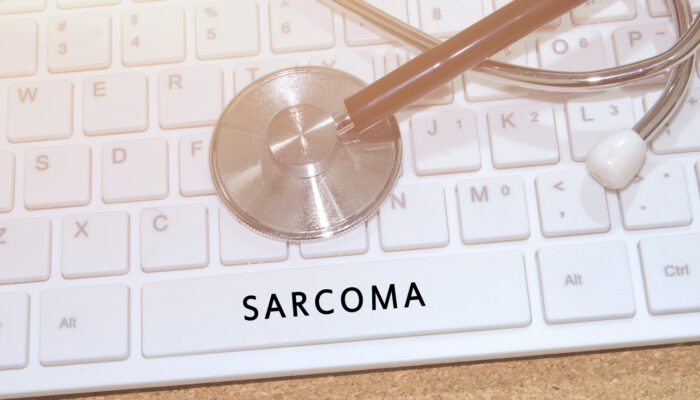
Early signs that indicate the presence of ITP
When the number of platelets present in the body reduces drastically, a blood disorder known as immune thrombocytopenic purpura (ITP) occurs. Platelets are an important part of the body’s defense mechanism and help in reducing bleeding by creating a blockade. However, when their count reduces, one may easily be prone to bleeding gums, bruising, and even internal bleeding. Some early warning signs that can help individuals detect this condition are as follows:
- Small red bumps on the skin: Petechiae is a condition that is a normal symptom of ITP. Petechiae are small red bumps on the skin that are caused because of blood underneath. They develop from looking like a red rash to slightly raised, pin-pointed bumps.
- Bleeding gums: ITP can affect the gums, bleeding from which would be considered external bleeding. Even while brushing teeth, ITP could lead to bleeding from the gums. Severe cases of ITP can result in bleeding even through flossing and brushing.
- Heavy flow during periods: During ITP, the platelet count reduces greatly, and this also affects the menstrual cycle. It turns the bleeding heavier than normal cycles. In addition to the frustration caused by heavy bleeding, there could be other complications such as anemia. While experiencing heavy flow once in a while can be taken care of, if it happens every month, one should immediately consult the doctor.
- Blood in stools and urine: Blood can be found in urine or stools due to the low platelet count in the body. However, this should not be mistaken as bladder infection as these infections are also accompanied by abdominal pain, lower back pain, and frequent urination. Whether these conditions are present or not, blood in urine and stools is serious and should be reported to a doctor as soon as possible.
- Increased fatigue: After bleeding, the body takes time to replace the lost blood. In the meantime, the number of blood cells required by the body to deliver the required oxygen to tissues isn’t adequate. This would lead to anemia in cases of moderate bleeding and result in excessive fatigue. One can understand the signs of excessive fatigue if they feel the need to sleep for longer hours than usual, need to take naps in the morning, experience fatigue in the morning despite a good night’s sleep, and a general lack of energy to perform regular everyday activities.
- Hematoma: If clotted blood gets stored deep under the tissue, it results in small lumps called hematomas. This condition is a type of deep bruise that can only be caused by a moderate injury.
Having a clear knowledge of what the early symptoms of immune thrombocytopenic purpura are can help individuals in preventing the case from worsening. Consulting a doctor as soon as possible when any of these signs have occurred can help in finding the right diagnosis and drafting an effective treatment plan.



